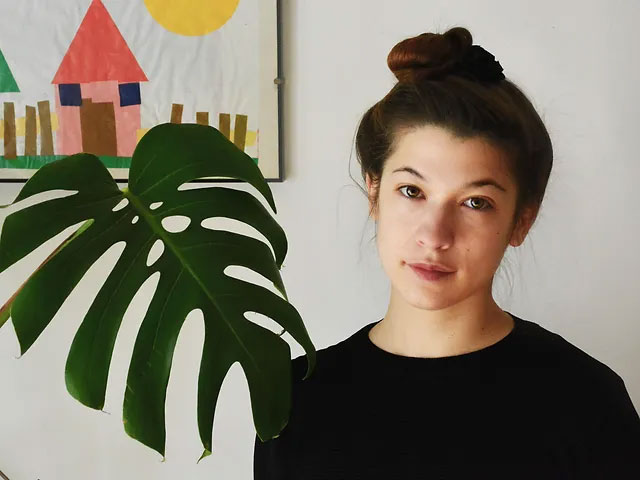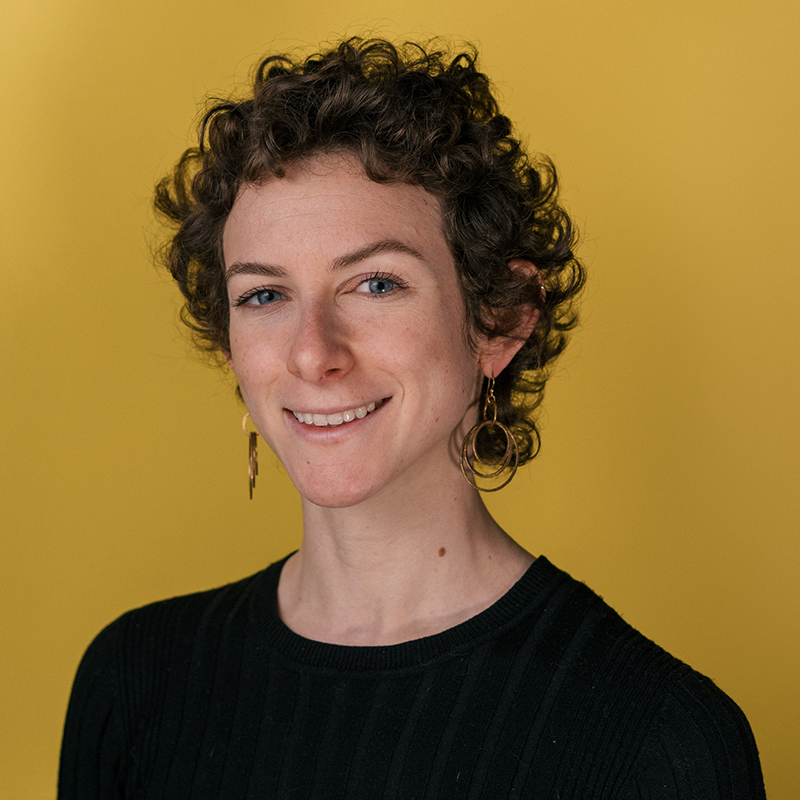Syllabus⇝
MDEF Research, Design and Development studios aim to take research areas of interest and initial project ideas into an advanced concretion point, and execution plan. The studio structure in three terms could be understood as follows:
TERM 1 Research: Understanding what it means to design for emergent futures. Analyzing the past and finding weak signals. References, state of the art. Identifying areas of interest. Experimenting from the first-person perspective.
TERM 2 Design: Forming the present through interventions in the real world. Building the foundations of your design space, forming strategic partnerships. Applying knowledge into practice through iterative prototyping. Testing ideas and prototypes in the real world.
TERM 3 Development: Refining interventions and identifying desirable futures. Establishing roadmaps for the construction of emergent narratives.. Communicating and disseminating your project through speculative design.
The third term Design Studio aims to refine the work developed by the students during the first two terms of the Master program. After finding and engaging with communities of practice in the second term through a number of initial interventions, students will be encouraged to grow and consolidate those relationships and take a step further. They will design and deploy one last intervention that can serve as closure for their journey in the Master program. At the same time it will act as a launching pad for establishing the alternative presents where they will continue shaping their envisioned emergent futures after the end of the programme.
Deliverables⇝
10 High-resolution photos of the journey of your project and final interventions
Master Thesis - Chapters 0-11, adding this Term the following chapters:
Chapter 8: Final Interventions: Descriptions and results
Chapter 9: Final Alternative Present
Chapter 10: Designing yourself out: Strategies for Continuity and Scalability
Chapter 11: Final Reflection
Reference Sources / Bibliography
(2-5) min Video
Selected physical exhibition material for IAAC and Elisava- Poster + physical prototypes to be displayed for a few days (TBC with Chiara)
Faculty⇝
Olga Trevisan is an Italian visual artist who graduated from I.U.A.V at the University in Venice and holds a Master’s Degree in Local Development from the University of Padua. Over the past ten years, she has been actively involved in European and international cross-disciplinary projects as an art and education facilitator and consultant, focusing on participatory practices and bottom-up strategies. One of her main focuses is to use arts and crafts to promote collaborative methodologies in local communities connecting them to global challenges. In 2022 she supported Centrinno EU project team and is now involved in Distributed Design and Dafne+ as EU Creative action researcher at IAAC | Fab Lab Barcelona.
Sally is a multi-disciplinary professional whose background includes biology; ecological economics; teaching, marketing, communications and events both in the USA and Spain. She uses her diverse background and a transecofeminist perspective to support the creation of a just present based on citizen-centred societies and economies that produce locally and connect globally, particularly around sustainable food systems and social & environmental justice. She is passionate about making information accessible to people of all backgrounds and equipping citizens with the tools to participate in creating the world around them. Currently, Sally is an action researcher at Fab Lab Barcelona. Most recently, she was project manager for the first phase of Food Tech 3.0, one of nine Accelerator Labs for the H2020 EU project FoodSHIFT 2030. The Accelerator Lab promotes a new generation of food technology that is open, equitable, sustainable and citizen-centred. Her past work includes researching food deserts, creating multi-actor local food dialogues, supporting school garden activities, and assessing the holistic sustainability of rooftop garden spaces.


